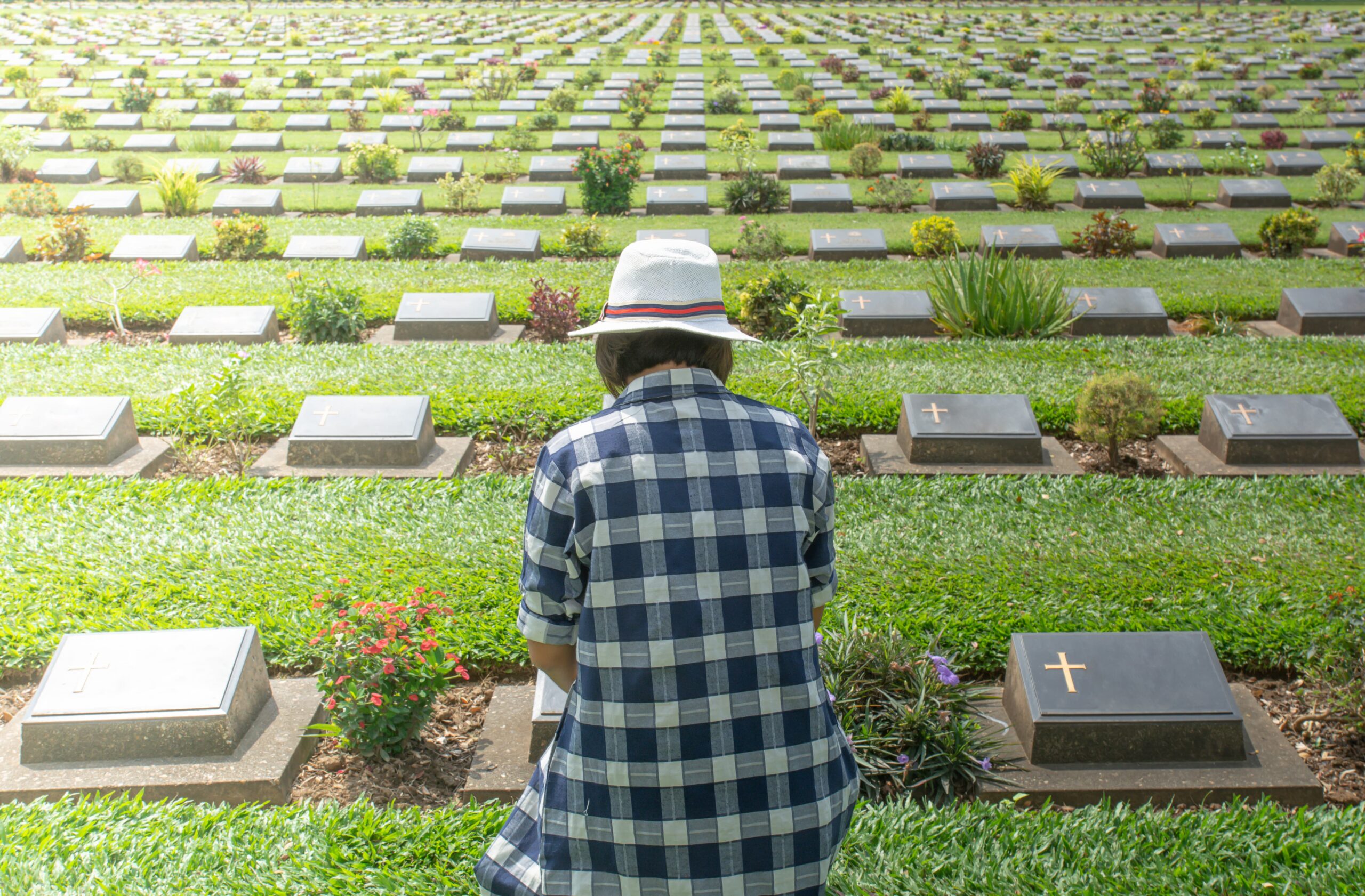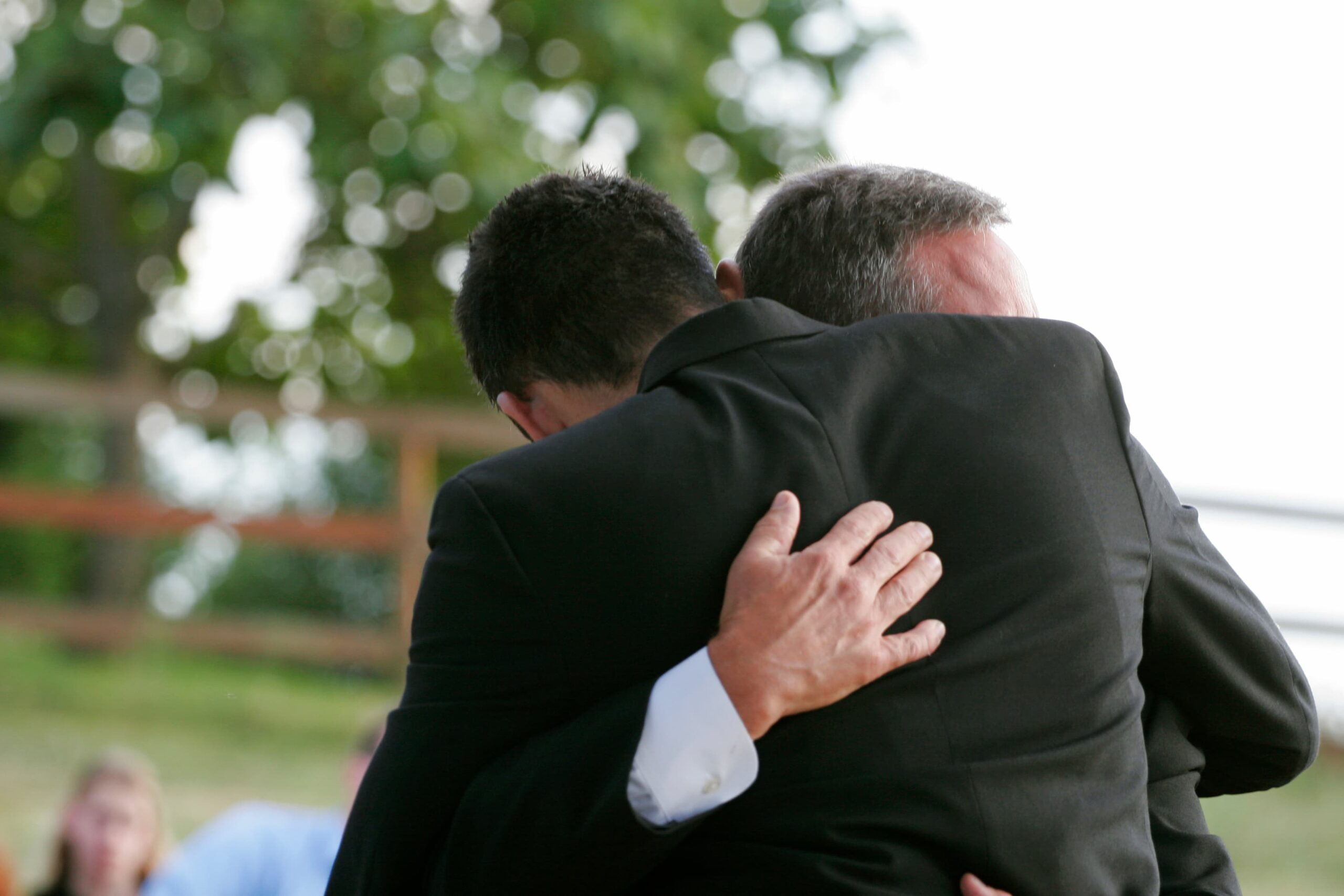Getting Through the First 60 Days After the Loss of a Loved One

Long-term adjustment to the loss of a loved one through an accident is a slow and painful process about which much as been written. However, for many people living through the early days immediately after a tragedy can be especially difficult. These are often days of deep sadness, shock, heartrending memories, and sometimes even a sense of impending doom. What you do during the first 60 days can either put you on the path to healing or send you into a spiral of despair.
The following tips will help you deal with the emotional devastation that can make the first two months after a tragedy so daunting.
1. Be with other people. Grief can be very isolating. You may feel like withdrawing from others and avoiding human contact. Do not give in to this desire. Extensive time alone can lead to deepening sadness and melancholy.
2. Follow your routine. Get up at the same time, eat, work, and exercise on a schedule. There is comfort in familiarity and following a routine.
3. Accept your feelings. Don’t push down your grief. Understand that accepting your feelings and working through them is part of the healing process. Allow yourself to cry and have times of expressed sadness and loss.
4. Do not make any major decisions in the immediate aftermath of a loss. Don’t sell your house, give your loved ones clothes and possessions to charity, or move out of town. Let your life settle before making any dramatic changes.
5. Participate in a support group. Churches, counselors, and even your YMCA may offer gatherings where people may heal after the loss of a loved one. Sharing in this way can be an enormous help.
6. Avoid alcohol and medications. It may be tempting to try and numb the pain with alcohol and pills. In the long term, these will only worsen your symptoms and can lead to depression and a sense of isolation.
7. Exercise often. Physical activity will boost serotonin, endorphins, and other natural body chemicals that can help you feel better and improve your ability to sleep. Make an effort to get 30-60 minutes of exercise every day, especially during this difficult time.
8. Get 7-9 hours sleep each night. Sadness and worry can disrupt your sleep patterns. This can deepen the emotional imbalance that often follows a loss. Go to bed and rise at the same times each day. Use meditation and deep breathing exercises to help prepare yourself for sleep by alleviating stress.
9. Reach out to a friend. It can help to talk to a close friend or family member about your feelings. Don’t be afraid to open up to someone you trust. Sharing can clear the path to healing.
10. Eat a balanced diet. Don’t skip meals. Eat small meals throughout the day to reduce mood swings and build up your stamina. Certain foods, such as salmon, walnuts, and soybeans, contain omega-3 fats, which are known to improve mood.
The first 60 days after a loss is the hardest period for anyone dealing with the aftermath of a tragedy. As difficult as they are, know that these days will pass and, if you follow these helpful tips, you will be on the road to personal healing.
If you or someone in your family has suffered a loss through personal negligence, contact Bachus & Schanker for help in understanding your rights and claiming any compensation you may be due.
Photo: josemanuelerre on Flickr






